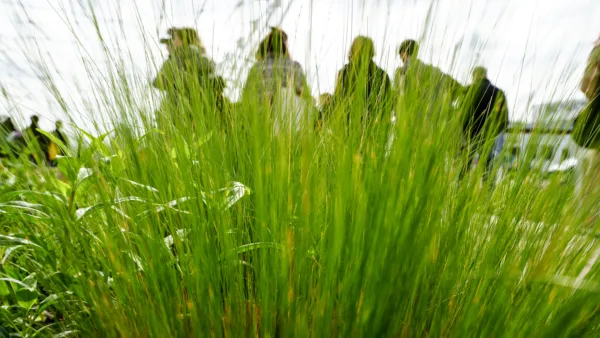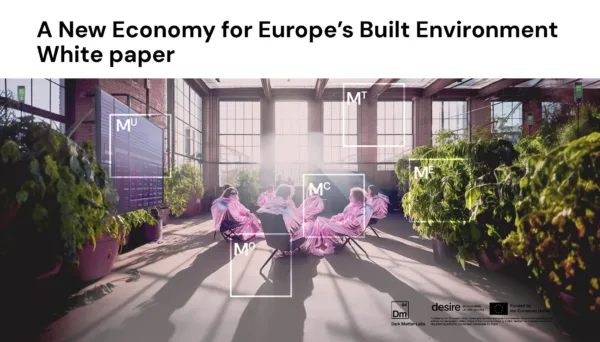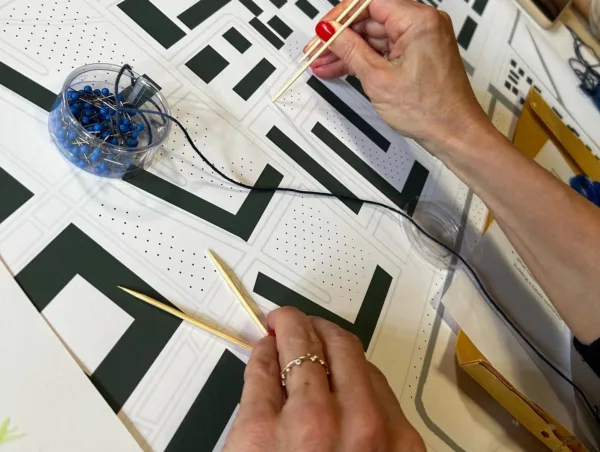A. Embed NEB principles and values in EU funding programs
Ensure that EU funding mechanisms within the MFF 2028-2034 adhering to NEB principles and values of sustainability, inclusivity, and aesthetics. By embedding these values into key initiatives, such as affordable housing, we can pave the way for a just transition that supports vibrant communities across Member States. The NEB Investment Guidelines offer a valuable framework, serving as a guiding light to advance this shared vision for a better future.
B. Integrate NEB criteria into public procurement policy
Around €2 trillion, or 14 % of the EU’s gross domestic product, is spent annually on public procurement. When the public procurement directive and guidelines are revised, it ought to be considered to include NEB-aligned criteria, ensuring that publicly funded projects reflect the initiative's values. This integration will set a standard for quality and sustainability in public developments.
C. Establish monitoring and evaluation mechanisms
Create systems to assess the impact of NEB-aligned projects in a life cycle perspective, ensuring they meet both sustainability and inclusiveness targets. Regular evaluations will facilitate continuous improvement and accountability.
Implement frameworks that actively involve local communities in the design and development of their environments. The Desire project's emphasis on citizen participation highlights the importance of inclusive decision-making processes.
D. Promote circular economy practices in urban development
Encourage the adoption of circular economy models in urban planning and construction will reduce waste and resource consumption, contributing to the EU's sustainability goals. Policymakers are encouraged to eliminate red tape and barriers where we see conflicting intentions in regulation e.g. waste directive and circular economy initiatives.
E. Support Research & Innovation in sustainable design
Allocate resources within the MFF 2028-2034 to support research & innovation initiatives focused on regenerative, sustainable and inclusive design solutions. This investment will drive innovation and the development of best practice in line with NEB objectives.
F. Provide technical assistance to Member States e.g. through taskforces
Offer guidance and support to Member States, regions and cities in implementing NEB principles within their national contexts. This assistance will help harmonize efforts across the EU and address specific regional challenges.
It could be through establishing task forces focusing on how learning and experiences arising from local initiatives and transformation projects can scale. Local learning derives from local citizen engagement and involvement. These local movements give agency to the rise of cross-national communities of practice transferring knowledge and sharing local experiences.


